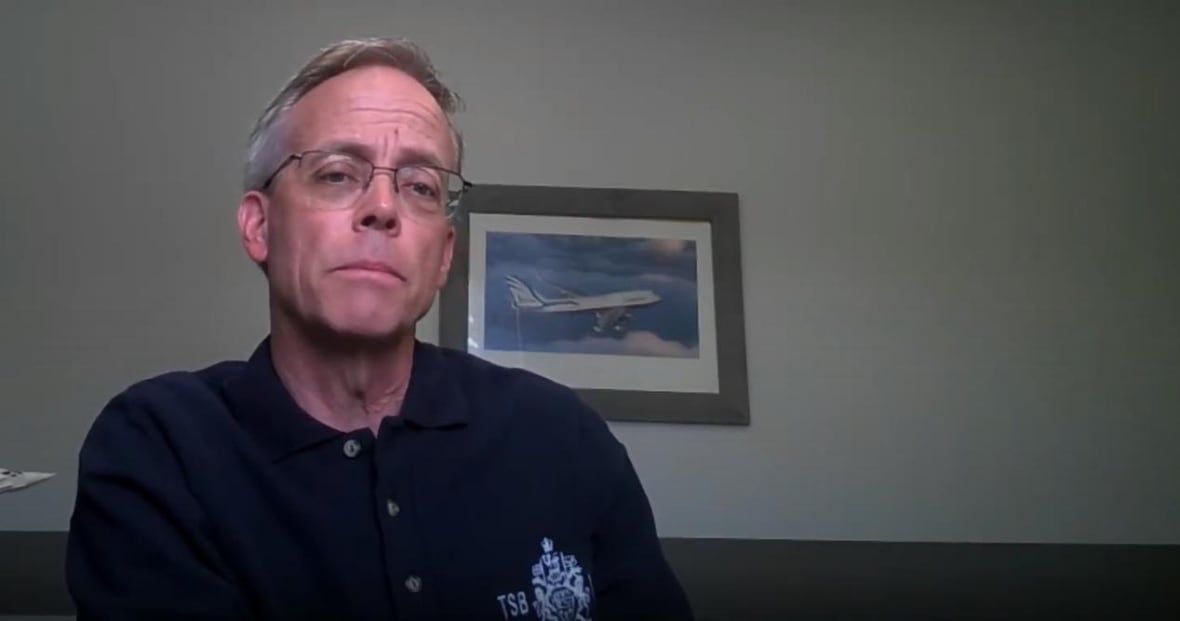Federal investigators continue to probe site of fatal N.W.T. helicopter crash
Transportation Safety Board doesn't know yet how long their investigation will take

A pair of investigators from the Transportation Safety Board of Canada (TSB) will continue to photograph and take measurements on Wednesday of the wreckage from a fatal helicopter crash near Behchokǫ̀, N.W.T.
Jon Lee, the board's western regional manager, told CBC News the small team arrived in Yellowknife around noon Tuesday and were on scene during the afternoon and early evening gathering data and statements from eyewitnesses.
"Today, that's going to continue — they're going to be working with Great Slave Helicopters collecting information about both the pilot and also the technical information around the helicopter itself," Lee said.
RCMP responded to the crash site, about 1.5 kilometres from Highway 3 near Behchokǫ̀, at noon Monday. They said they did CPR on the pilot, the only person in the aircraft, but he died from his injuries.
The identity of that individual has not been made public.
CBC News has reached out to Great Slave Helicopters about the incident. As of Wednesday morning, the company had not done an interview or made a public statement about it.

N.W.T. Fire has said the helicopter was not a part of its wildfire operations.
Lee said the crash happened in a burned brush area 10 kilometres east of the Behchokǫ̀'s airstrip. He said the aircraft was substantially damaged.
After investigators are done assessing the site, Lee said the next step will be bringing the helicopter back to the Transportation Safety Board's offices in Edmonton for a more detailed technical examination. That will mean co-ordinating recovery with whatever salvage company is hired by an insurance adjuster, he said.
Lee said their investigation will be meticulous and scientific. The TSB will collect information about the people involved, the aircraft itself, and the environment — both the operational environment and the weather. They'll determine whether any of those things contributed to the crash, and from there "areas of concern and safety issues start to emerge from that data collection."
Lee said it's hard to know how long an investigation will take in the early days — it could be a year, or two years. But, he said, if something emerges from the investigation that requires immediate attention, that will happen right away — Transport Canada, Great Slave Helicopters and aircraft manufacturers don't need a final report to come out before they take action.
With files from Hilary Bird

